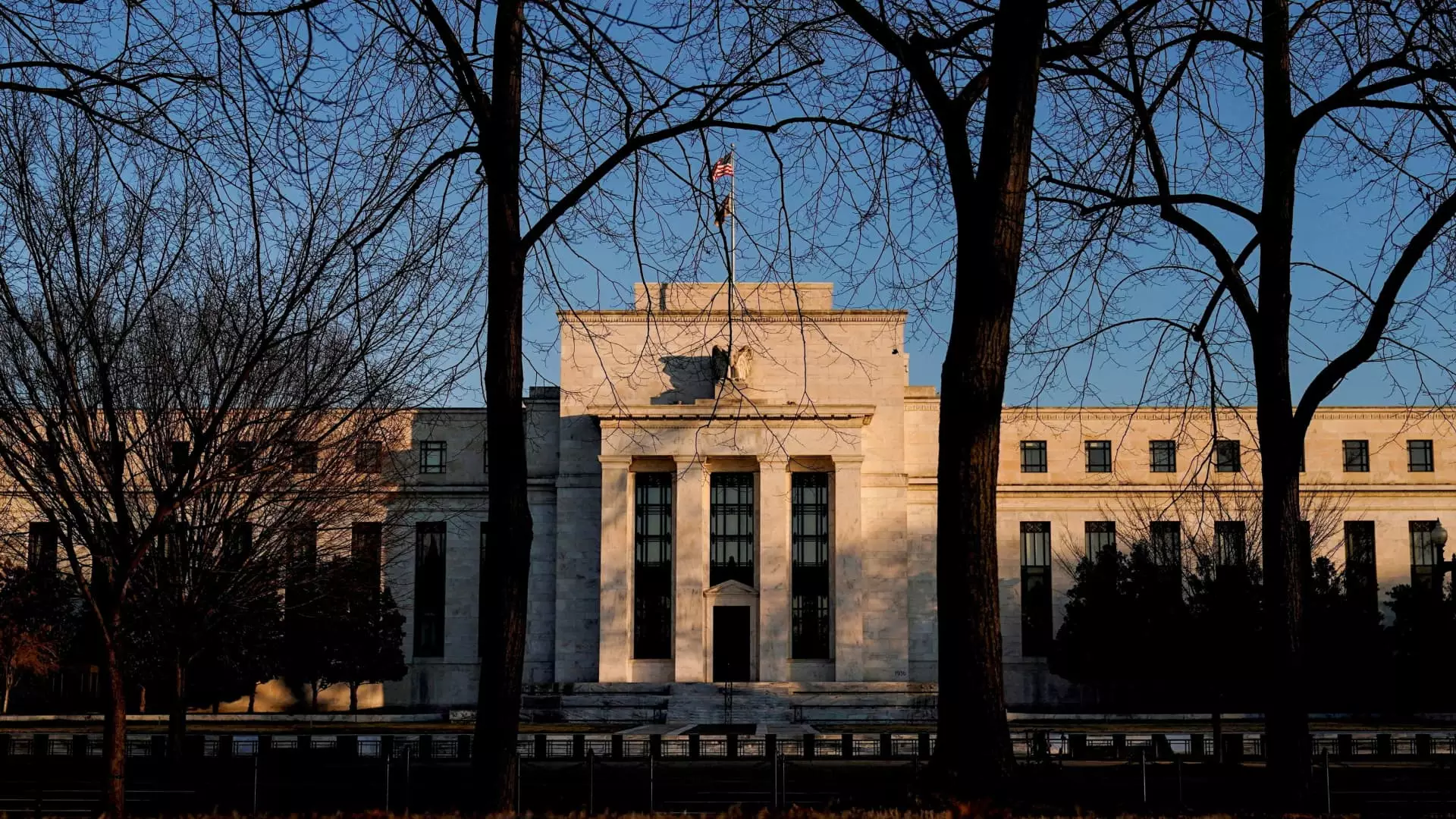The arrest of John Harold Rogers, a former senior advisor for the Federal Reserve, has sent shockwaves across the financial and political landscape of the United States. His indictment for allegedly conspiring to share Fed trade secrets with Chinese operatives raises serious questions not only about national security but also about the integrity of institutions entrusted with safeguarding sensitive information. With a background as a senior advisor at the Federal Reserve’s Board of Governors, Rogers’s actions have far-reaching implications that transcend his personal choices.
According to the U.S. Attorney’s Office in Washington, D.C., Rogers purportedly conspired with individuals linked to the Chinese intelligence community. These co-conspirators, who masqueraded as graduate students, allegedly sought to gain advantage over U.S. financial markets by acquiring insider knowledge. The information that Rogers is accused of sharing—strategic insights into U.S. economic policy and upcoming federal funds rate changes—could equip foreign adversaries with unprecedented market manipulation capabilities. The gravity of this situation is underscored by the fact that China holds approximately $816 billion of U.S. government debt.
The allegations detail a disturbing pattern of behavior, suggesting a deliberate and calculated approach to espionage. By exploiting his position at the Federal Reserve—a role that entrusted him with confidential economic information—Rogers allegedly solicited trade secrets concerning vital economic data and sensitive economic discussions related to tariffs impacting China. This intricate web of deceit culminated in his secretive meetings with Chinese operatives under the guise of providing academic instruction.
Facing charges of conspiracy to commit economic espionage and making false statements, Rogers’s future hangs in the balance. If convicted, he faces a maximum sentence of 15 years in prison. On the surface, the case appears to reflect not just individual misconduct, but it also shines a critical light on how vulnerabilities in national financial systems might be exploited. Rogers, 63, has been temporarily detained following his first court appearance, with a subsequent hearing scheduled to determine his fate.
The indictment further reveals that Rogers allegedly communicated sensitive information electronically, contravening Federal Reserve policies that prohibit such activities. The clandestine nature of these communications, including the use of personal email accounts for transmitting confidential data, signals a severe breach of trust. The ramifications extend beyond Rogers’s personal liability; they also put the operational integrity of the Federal Reserve and its oversight mechanisms under scrutiny.
Rogers’s actions are particularly concerning within the context of ongoing geopolitical tensions between the U.S. and China. FBI Assistant Director David Sundberg has highlighted the broader implications of how the Chinese Communist Party is allegedly amplifying its economic espionage operations in the U.S. According to Sundberg, such operations are designed to undermine the U.S. as a global economic powerhouse. The espionage allegations against Rogers serve as a stark reminder of the vulnerabilities that exist not only within individual institutions but also in the national framework as a whole.
This case evokes urgent discussions about protecting trade secrets and sensitive information in an era characterized by global interdependence and rising espionage threats. The Federal Reserve is a critical institution, influencing global financial stability, and any breach of its integrity could have cataclysmic consequences for market stability and international relations.
As this case unfolds, there will likely be calls for greater transparency and accountability among government officials, especially those privy to sensitive economic and financial information. The existing policies within institutions like the Federal Reserve are designed to protect against such vulnerabilities, but cases like this challenge the effectiveness and enforcement of those policies. The need for a thorough investigation into the practices that allowed Rogers to operate without scrutiny is paramount.
Moreover, there should be a renewed emphasis on training for federal employees regarding the potential risks associated with foreign interactions. Given the complex and often opaque nature of international relations, ensuring that employees understand the stakes involved in their roles could serve as a vital deterrent against potential espionage.
The case of John Harold Rogers goes beyond the individual—it stands as a critical juncture for evaluating and reinforcing the protective measures governing U.S. economic integrity. As the fallout continues, it is imperative that swift and decisive actions are taken to bolster national security and restore public trust in financial institutions that are foundational to the U.S. economy.

Leave a Reply